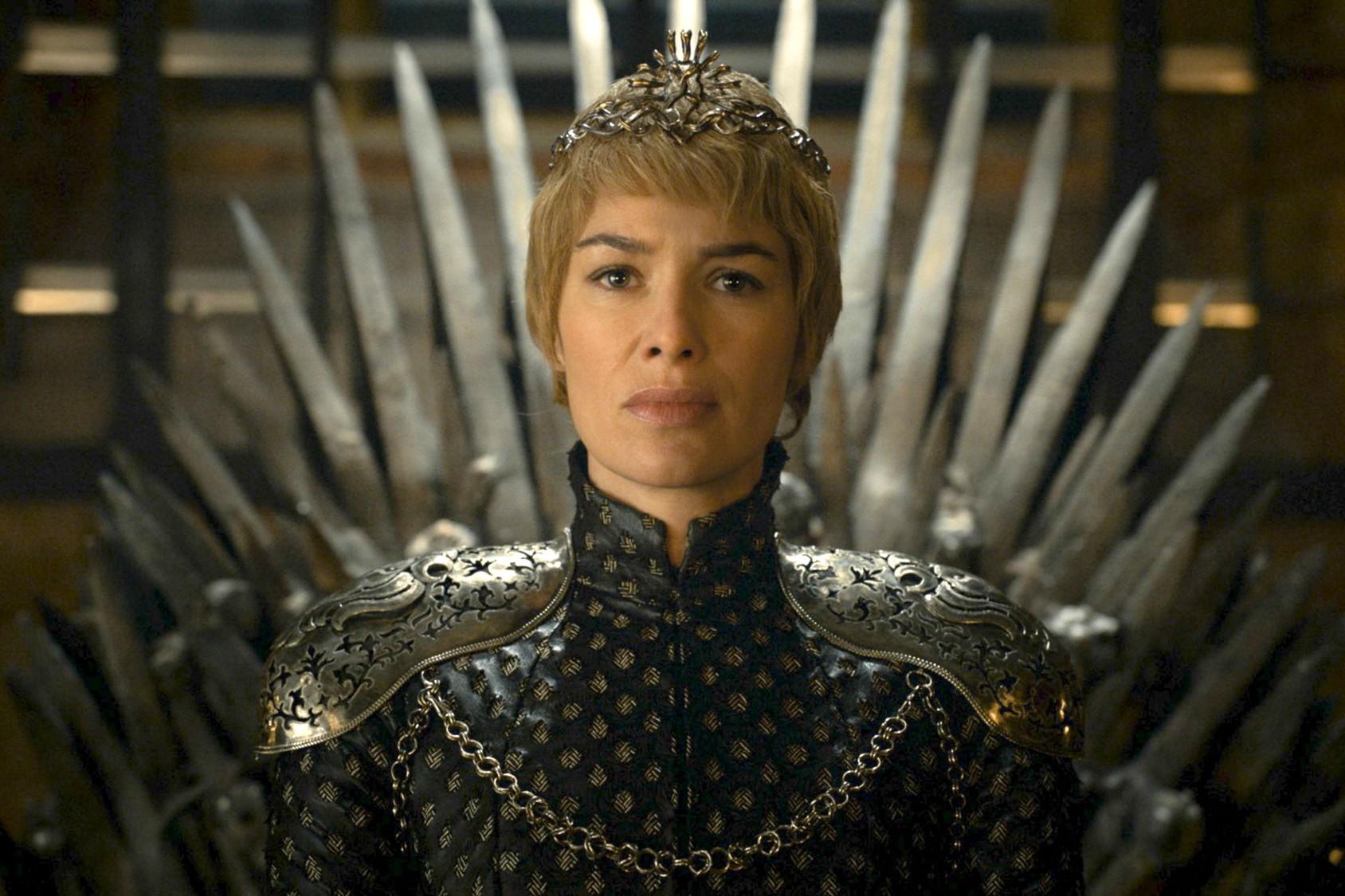
Season 5 of Game of Thrones gets a lot of criticism. From the mediocre Dorne plot to the weird pacing, that season generally disappointed. But it allowed Season 6 to be one of the best seasons yet — and the set pieces alone felt more like what we expect from movies than from TV. On the latest episode of The Watch, Mr. Robot creator Sam Esmail gives his thoughts on HBO’s big-budget drama.
Listen to the full podcast here. This transcript has been edited and condensed.
A Lackluster Season 5 Laid the Track for a Great Season 6
Chris Ryan: I would say this is probably among my favorite seasons.
Sam Esmail: Definitely, definitely. Agreed.
C.R.: I thought it was probably the most moving in a lot of ways. In terms of production value and certain cinematic qualities, I think it was about as good as a movie.
S.E.: The music — everything was on point. And you know, the one thing that I will say, because this is the thing about Game of Thrones that’s amazing to me … is it’s one story that they’re telling over these several different chapters, or however you want to describe them. So for example … [Season] 5 got a lot of shit, right?
C.R.: Yeah.
S.E.: [It was] too slow, what the hell is going on, blah blah blah. But then it all pays off in this season. You couldn’t have gotten away with Cersei [taking] down the Sparrows and the "Battle of the Bastards" [without Season 5]. That emotional impact wouldn’t have worked without Season 5. You need that season of buildup to get to this season.
Andy Greenwald: You need to lay the track. …
S.E.: Let’s actually make shit terrible for all our main characters so that when they come back, it’s that much more worth it. That’s what I think is kind of remarkable: In a lot of ways, Season 6 made me appreciate Season 5 a lot more.
C.R.: Yeah, absolutely. I haven’t mentioned this on the podcast in a while, but as a non-book-reader, I was kind of surprised by how overwhelmed I was by some of the emotional moments in the season, because you realize you’ve spent five or six years of your life with these characters and you have watched Jon Snow go from this sort of [runt] in the family to the once-and-future-king character that he becomes, and this almost supernatural character. And to see some of the things that they did with the touch that they did — because one of things that I think people were dinging them for in Season 5, too, was not having the best sensibility when it came to certain moments in terms of treating certain things in a way, like Sansa. …
C.R.: Yeah, this season I just was like, wow, the Tower of Joy and Jon reuniting with Sansa and Tommen and all these set pieces that they did — I don’t really know how it can be better than "Battle of the Bastards."
The Filmmaking Belongs on the Big Screen
S.E.: The weird thing about Game of Thrones is that they don’t have to experiment with filmmaking. They don’t have to come up with that crazy musical score in the season finale when they blow up that building. They’ve got me [hooked] already and then they do that on top of it. Then they have crazy filmmaking.
[Miguel Sapochnik], who I think did "Battle of the Bastards" and the finale, [was great]. And that one great long take in the middle of "Battle of the Bastards," I mean, that shit’s better than anything I watch in the movie theater.
C.R.: There’s some stuff in Arrival that rivals [that feeling], there’s some stuff here or there, but [Game of Thrones] was the best movie of the year.
A.G.: In addition to everything you’re saying, all the praise you’re laying on the show, I would say that this was the most human season, and I really appreciated that. An assumption that Chris and I have made as non-book-readers and as Jason Concepcion and Mallory Rubin have sort of supported … is that there was a feeling of the yoke being [broken], that they were finally off the rails and they were making their own show, toward their own ending.
C.R.: It was a little funnier too.
A.G.: Because of that, there was a little more looseness. We got some happy moments. We got hero moments. We got a lot of humor. I always think that for as much attention as something as "Battle of the Bastards" gets, you don’t earn that unless you have [Peter] Dinklage getting drunk and making jokes. You need both. One has to balance the other. If it’s all one thing, then the show is one-note and ultimately not satisfying, and so to let those actors and let those characters breathe was a relief.